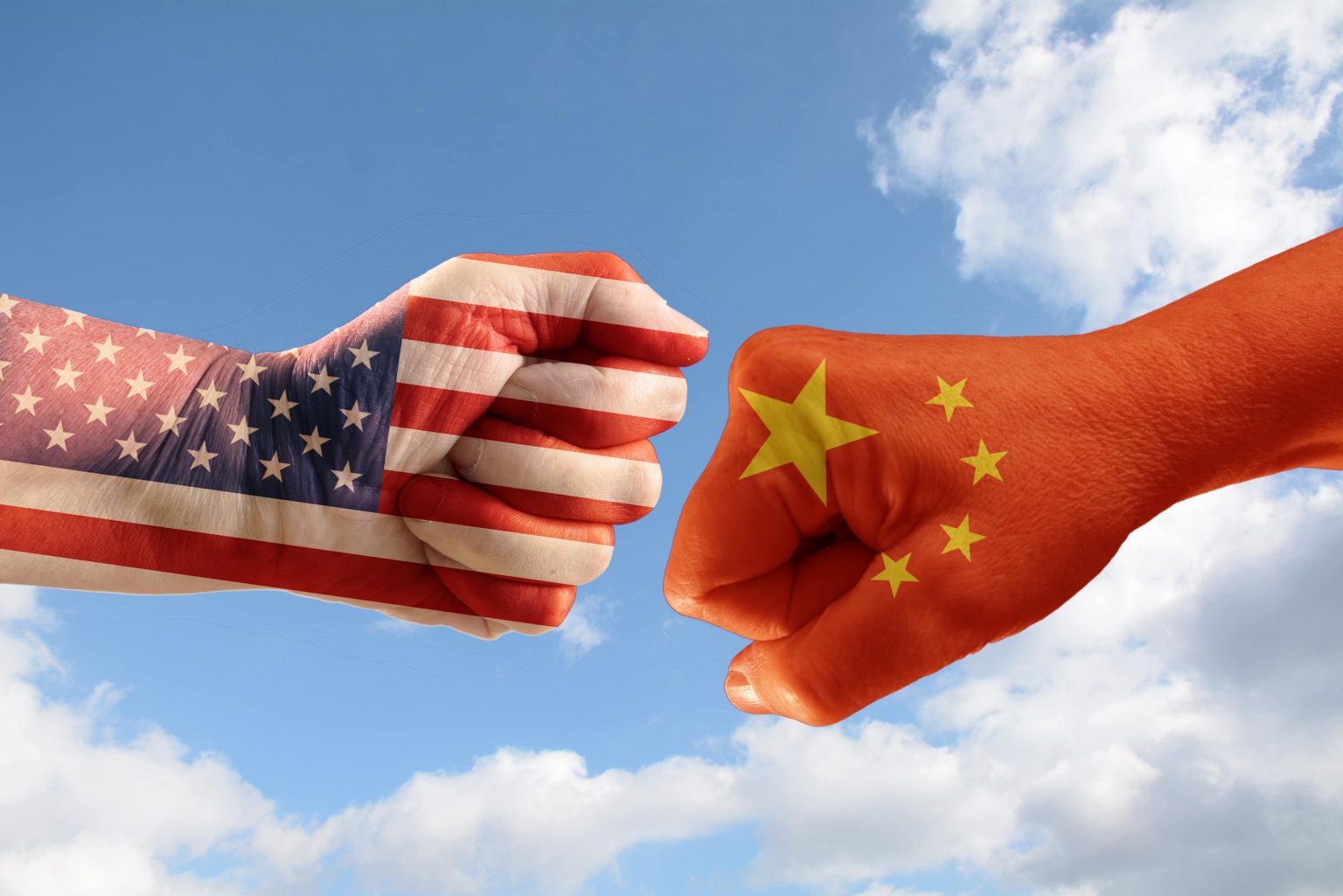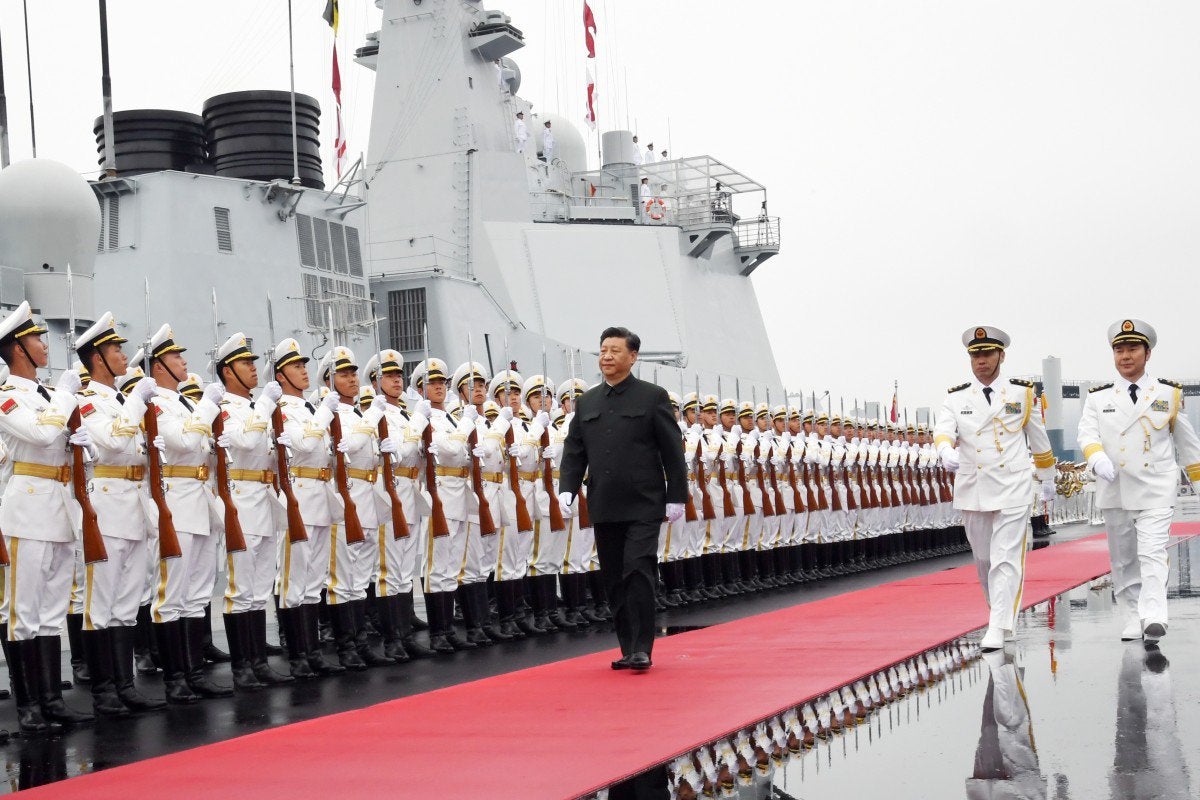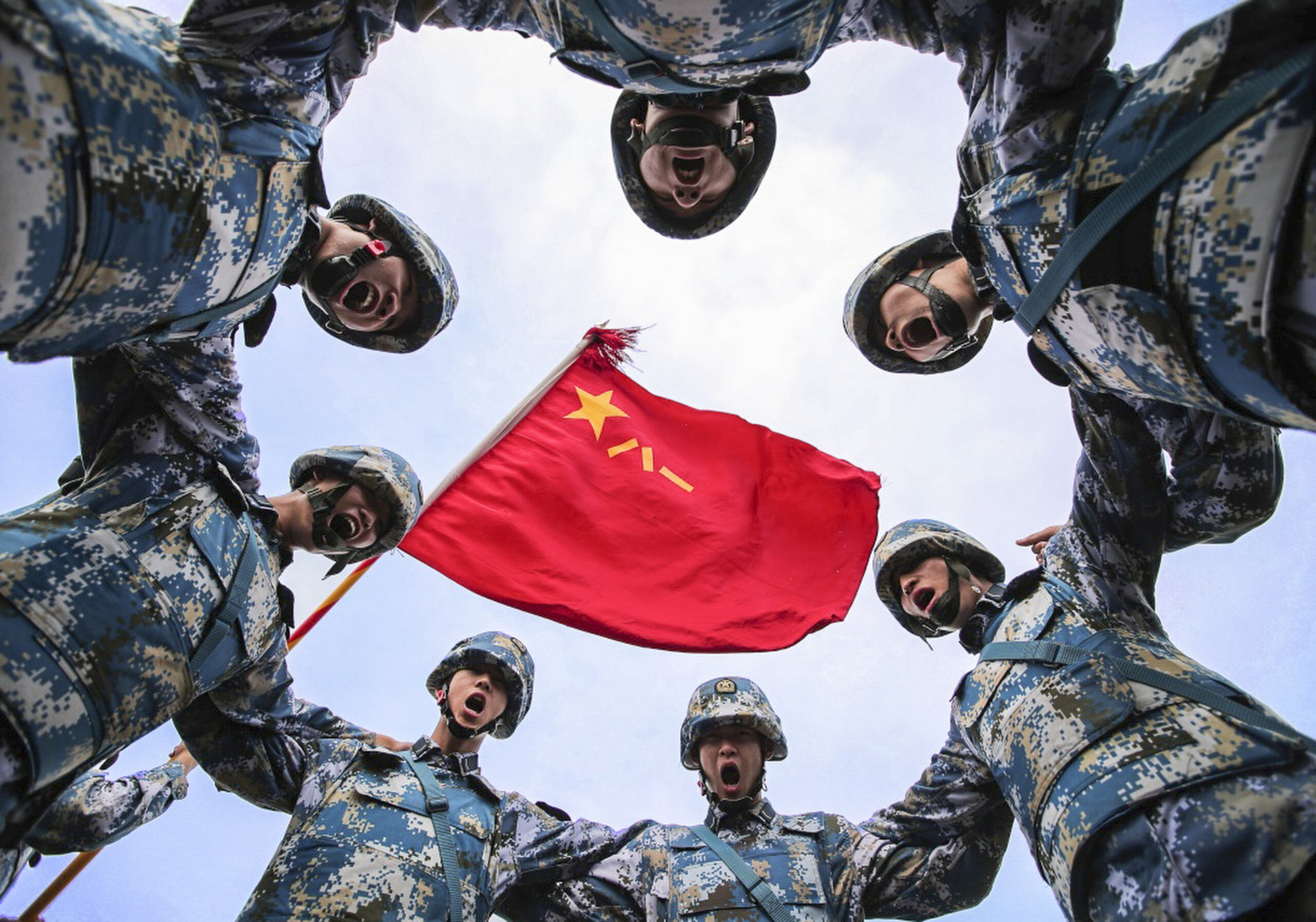by Martin Haffner Associate Editor
In recent months, apprehensions surrounding a potential military confrontation between the United States and China over Taiwan have intensified. As geopolitical tensions escalate, a growing number of experts are sounding the alarm about the risks associated with the foreign policy strategies of former President Donald Trump and their implications for regional stability.
Rising Tensions in the Taiwan Strait
Taiwan, a self-governing democracy, has been a focal point of Sino-American relations for decades. China views Taiwan as a breakaway province that must ultimately be reunified with the mainland, while the U.S. maintains a policy of strategic ambiguity—offering support to Taiwan while avoiding explicit commitments to military intervention.
Recent military exercises by China, including simulated invasions and increased aircraft incursions into Taiwan’s air defense identification zone (ADIZ), have heightened fears that Beijing might resort to force to achieve its long-standing goal of unification. The specter of a military conflict in the Taiwan Strait now looms large, raising concerns among neighboring countries and the international community.
Trump’s Foreign Policy and Its Consequences
Experts are increasingly scrutinizing the implications of Trump’s approach to China during his presidency. While the former President adopted a confrontational stance toward Beijing, prioritizing trade wars and tough rhetoric, critics argue that his strategy may have inadvertently paved the way for heightened military aggression from China.
According to Dr. Emily Chen, a prominent political scientist specializing in East Asian affairs, Trump’s approach, characterized by a lack of nuanced diplomacy, could have destabilized the region. “The aggressive posturing not only alienated China but also failed to engage in meaningful dialogue about Taiwan,” Chen states. “As a result, the situation has become increasingly precarious, and the chances of military conflict have risen significantly.”
The Potential for ‘Devastating’ War
One of the most alarming aspects of this unfolding crisis is the potential for a conflict that could escalate into a larger regional or even global war. Experts warn that an invasion of Taiwan could invoke the U.S. military’s commitment to defend the island under the Taiwan Relations Act. A military response from the U.S. could draw in allies and lead to a catastrophic series of events.
Dr. Marcus Wei, a security analyst, warns that “the consequences of a miscalculation could be devastating.” He emphasizes that any military engagement would not only be catastrophic for Taiwan but could also significantly impact global trade routes, international markets, and lead to loss of lives on an unprecedented scale.
The Role of International Alliances
The Biden administration has sought to strengthen alliances in the Indo-Pacific region, reaffirming commitments to Japan, South Korea, and Australia while fostering closer ties with India. However, experts caution that mere political posturing may not be enough to deter Chinese aggression without a clear and unified strategy involving all allies.
“We must prioritize preventing conflict through diplomacy, rather than only preparing for war. Cooperation with regional allies is critical, but we cannot let fear dictate our policies,” Chen asserts. The path forward must involve a delicate balance of deterrence and engagement to avoid slipping into a devastating conflict.
As fears of a Taiwan invasion continue to grow, the stakes are higher than ever. With expert warnings about the potential for a disastrous war echoing in political corridors, the international community faces the urgent task of stabilizing a precarious situation. Moving forward, the challenge will be finding a way to navigate tensions with China while ensuring the safety and sovereignty of Taiwan, all without provoking a military catastrophe that could reshape global geopolitics as we know it. The world watches closely, as the future of the Taiwan Strait and regional peace hangs in the balance.



